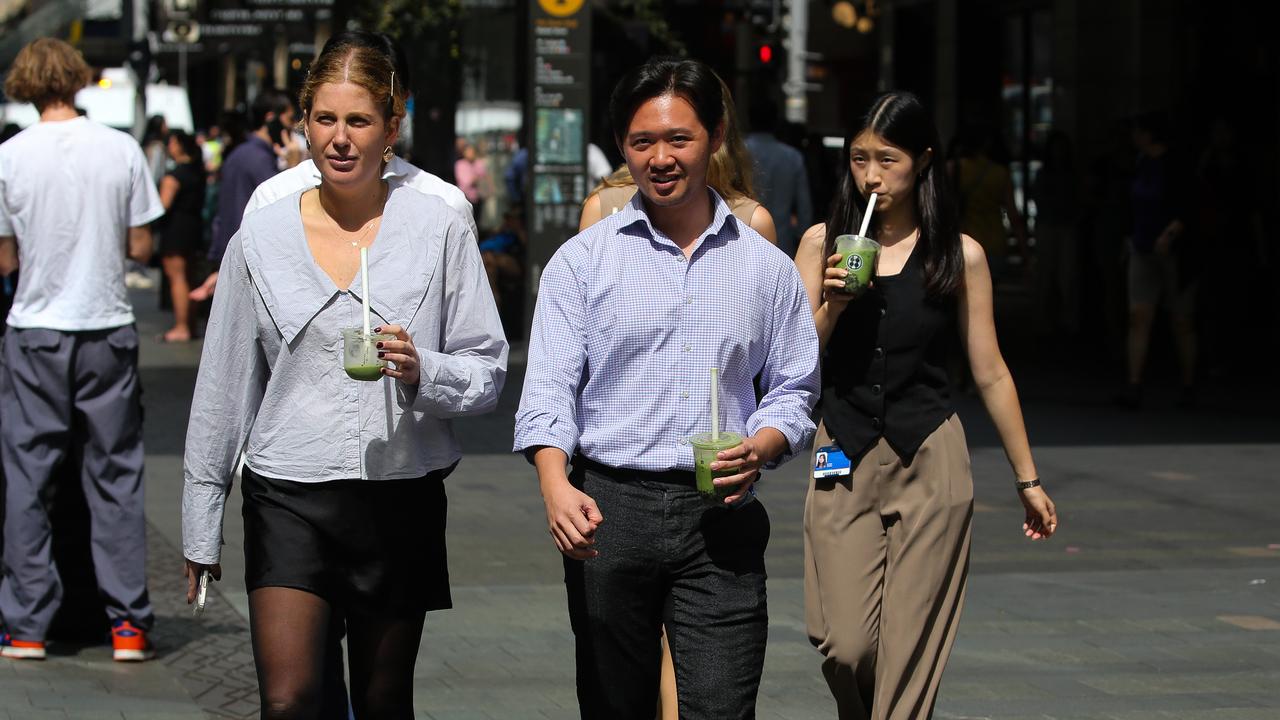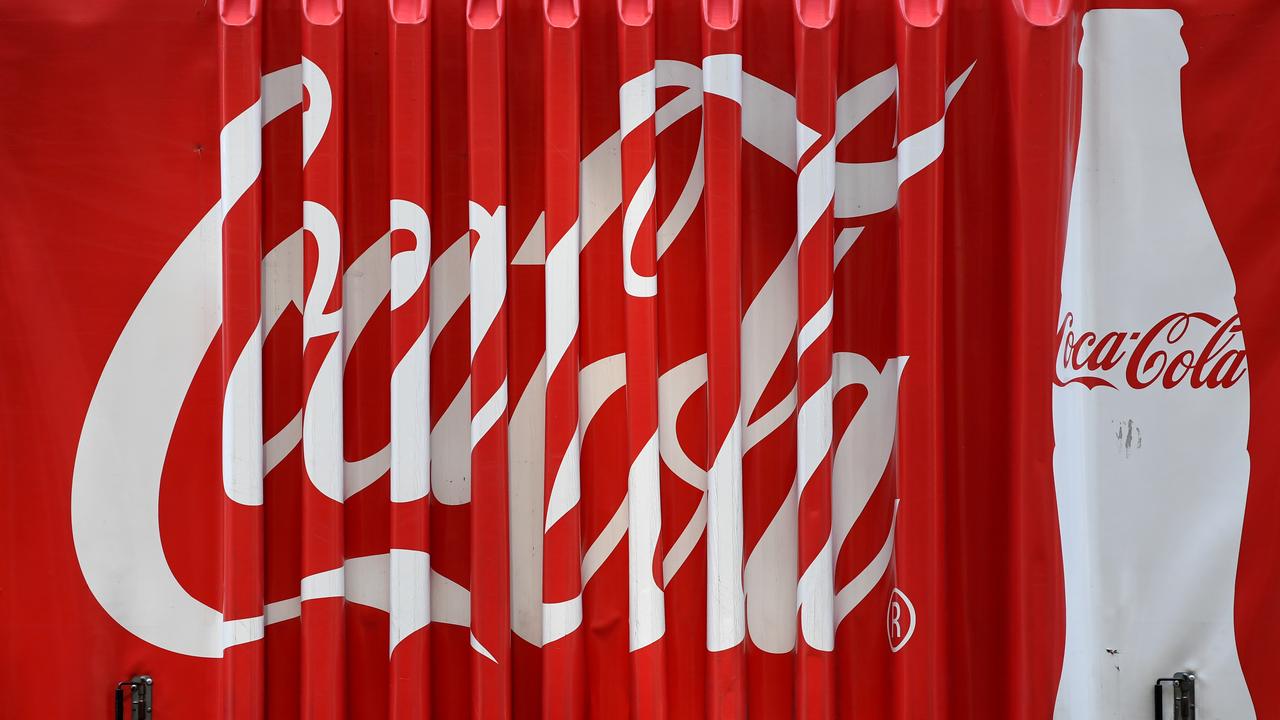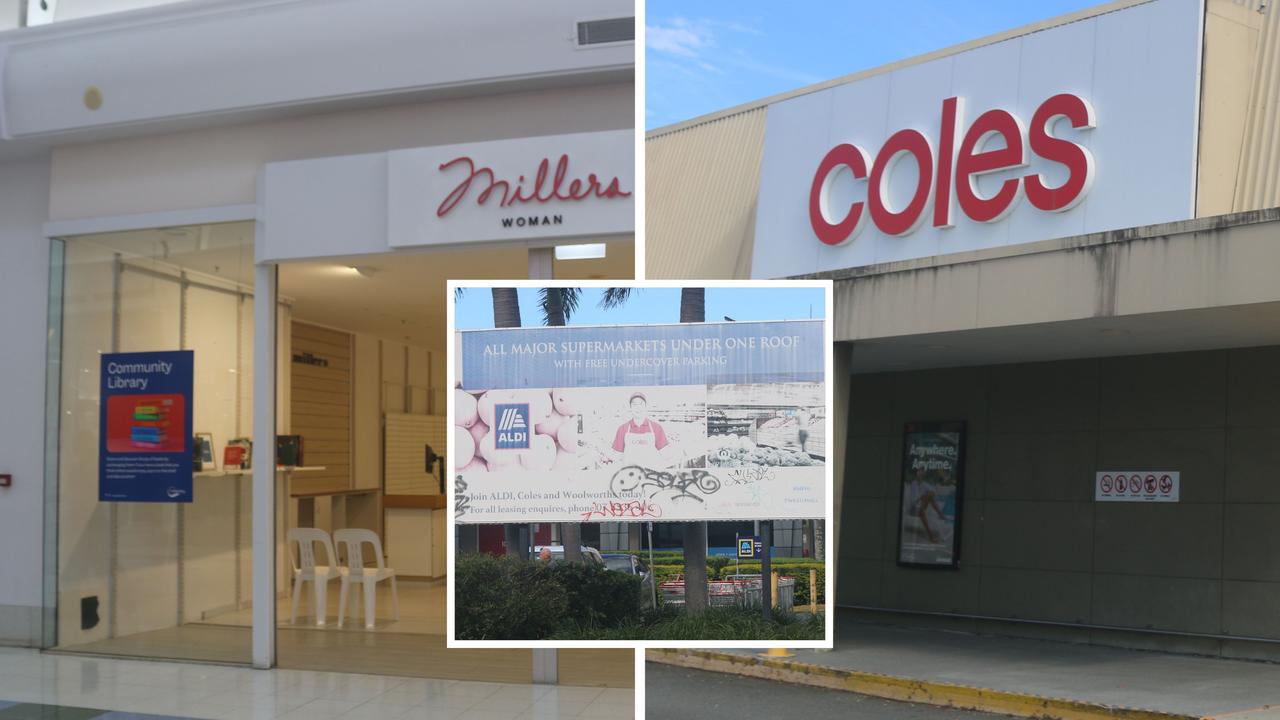B Corps and social enterprise movement to hit Australia
BUSINESS is all about doing whatever you can to make a buck right? Not always. A movement that’s swept up the US is about to hit Australia. This is why it’s a good thing.
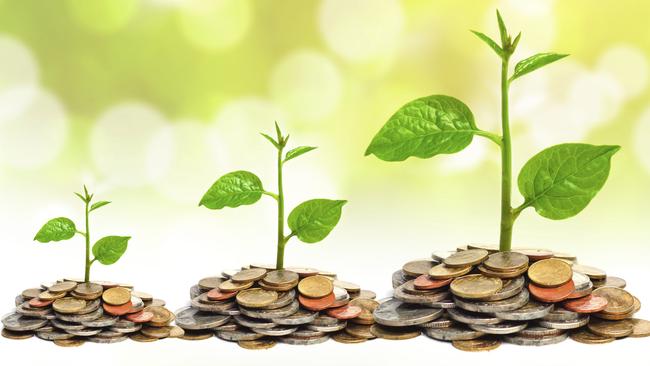
THAT precocious wild-child businessman Richard Branson called the first chapter of his Screw Business As Usual book ‘Capitalism 24902’.
What Branson is talking about is benevolent capitalism — as in, how to make money (and tons of it) but still leave the planet well off. His philosophy is essentially: “Every single business person has the responsibility for taking care of the people and planet that make up our global village, all 24,902 circumferential miles of it.”
The world of business is usually thought about in these terms: “greedy”, “profit-hungry” and “ruthless”.
And there are reasons for why companies operate the way they do. When management’s sole responsibility is to the bottom line and the demands of shareholders, you can understand why secondary concerns, such as being a good global citizen, falls to the side.
But a newish wave of companies is looking to shake that up. They’re called social enterprises and they’ve committed to place social good at the core of their business ethos and operations, and before chasing profits.
The social enterprises movement has been well underway in the US for many years and it’s about to hit Australia.
One example of a social enterprise in Australia is Wholekids, a children’s organic food brand. Its founders, husband-and-wife team James and Monica Meldrum, started the business 10 years ago before conscious capitalism became a buzzword.
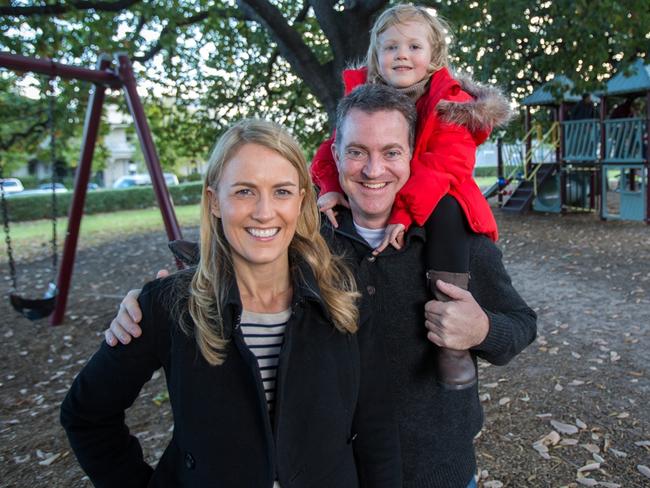
“We didn’t want to focus on revenue and money,” Mr Meldrum told news.com.au. “We thought there must be more meaning to work, that there can be a business run by purpose and value ahead of profit.”
For Mr Meldrum, that purpose is what he calls “unjunking” food for kids. He and his wife tossed in their corporate jobs and diverted the money they were saving for a house to launch Wholekids.
“Going back 10 years, when we first spoke to people about how we wanted to run the business, we either got two responses — ‘this is too touchy feely’ or ‘what are you trying to be?’
“At the time, there wasn’t a framework to have that conversation about a purpose-driven company but in the last few years, it’s really taken off. Now we can have those conversations with customers and with our suppliers.”
As well as being certified organic, Wholekids is also a certified B Corp.
A B Corp certification is overseen by B Labs, a not-for-profit organisation that works to give the tick of approval to companies which meet a certain criteria which demonstrates they create value for the community. Kind of like how the Heart Foundation gives ticks to heart-healthy food.
With almost 40 local business certified a B Corp, B Labs is officially launching in Australia this week.
“Business is the most powerful force in society,” B Labs founder Bart Houlahan told news.com.au. “And if harnessed properly, it can be a force for good but it’s traditionally not always been structured this way.”
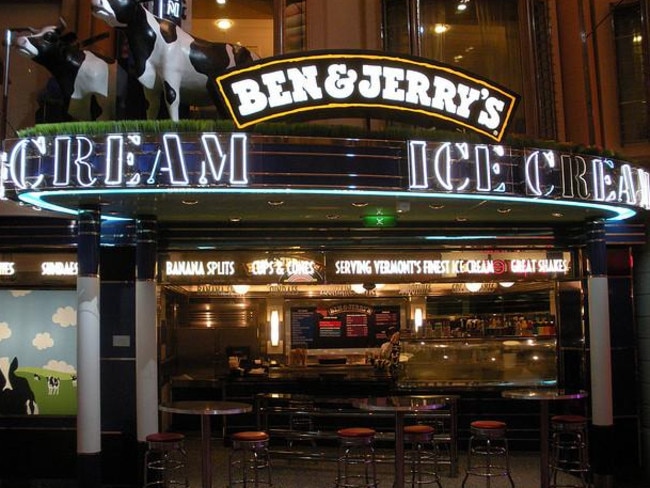
B Labs began life in 2006 and for the first year, Mr Houlahan said, it just listened to people on what their needs were and how the organisation could service them. It had 81 diverse founding B Corps by the end of the first year. It now has over 1100 firms.
The B Corp certification process includes looking at the company as a whole and whether it’s creating a positive impact in areas such as governance, community, the environment or for its employees. Companies are also required to enshrine those commitments in its governing documents. Sources told news.com.au certification costs start from $500 for two years, with the price rising depending on the size of the business.
Prominent B Corps include Ben & Jerry’s (a subsidiary of Unilever but certified on its own), Patagonia, Etsy and Change.org.
“There’s a misconception in the market that there is a necessary trade-off between profits and purpose,” Mr Houlahan said. “But B Corps are absolutely thriving because of their commitment which gives them the ability to attract and retain better talent and consumer loyalty. At the heart of it, B Corps have a purpose — trying to make money and make a difference.”
Mr Houlahan said B Labs has always had global aspirations so its expansion into Australia was a natural step. He said Australia will give the organisation the opportunity to expand into Asia.
If there’s scepticism around whether staying true to your principles ahead of profits come at the expense of profits, Mr Houlahan pointed out that its own research found B Corps were 64 per cent more likely to survive the financial downturn during the GFC.
And think about it this way: one of the most well-known social enterprises, Toms shoes (not certified as a B Corp), has just sold half its business for a massive $322 million ($US300 million) to Bain Capital, a traditional venture firm.
Toms shoes pledges to give one pair of shoes to a needy child for every pair it sells. It’s also established part of its manufacturing process in countries such as Haiti and Kenya so it can create more opportunities for local people.
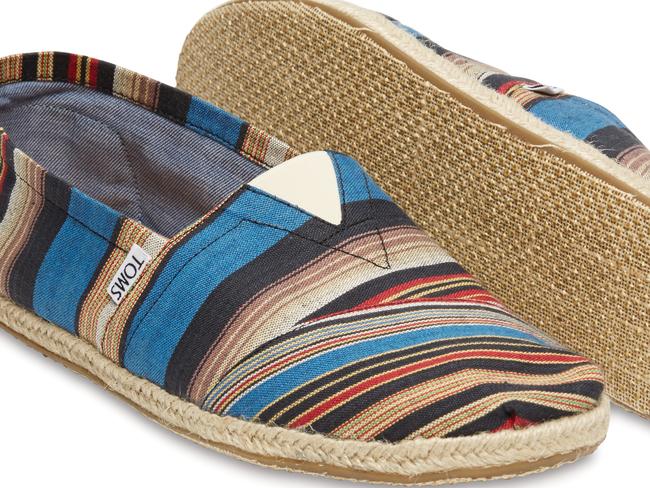
Toms founder Blake Mycoskie told news.com.au that the Bain acquisition “legitimised that you can be profitable and help people”.
“There’s a shift in the brand world [to sustainability] and that causes the investment world to shift,” Mr Mycoskie said. “A customer’s relationship with brands is more transparent. You can find out anything about a company with a Google search. So brands have to become more responsible and therefore the investors are following.”
For Mr Meldrum, he sees value in being a B Corp because he thinks the movement will take hold in Australia, and globally. He said: “We’re pre-empting the movement here; we want to be part of it spreading.”
But as James Surowiecki from The New Yorker pointed out: “The desire to balance profit and purpose is arguably a return to the model that many American companies once followed. Henry Ford declared that, instead of boosting dividends, he’d rather use the money to build better cars and pay better wages.
“The rise of B Corps is a reminder that the ideas that corporations should only be lean, mean, profit-maximising machines isn’t dictated by the inherent nature of capitalism, let alone by human nature. As individuals, we try to make our work not just profitable but also meaningful. It may be time for more companies to do the same.”


